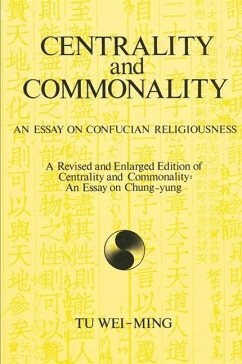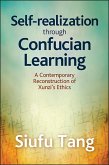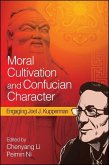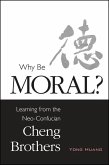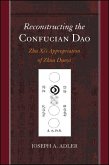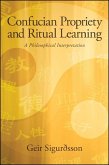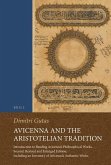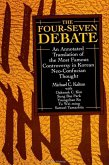Tu Wei-ming is Professor of Chinese History and Philosophy at Harvard University. His many books include Neo-Confucian Thought in Action: Wang Yang-ming's Youth (1976); Centrality and Commonality: An Essay on Chung-yung (1976); Humanity and Self-Cultivation (1979); Confucian Ethics Today: The Singapore Challenge (1984); and Confucian Thought: Selfhood as Creative Transformation (1985). He is on the editorial boards of the Harvard Journal of Asiatic Studies, Asian Thought and Society; Philosophy East and West; and Chinese Cultural Quarterly. He has also contributed to Journal of Asian Studies; The Humanities; Monist; and Daedalus.

